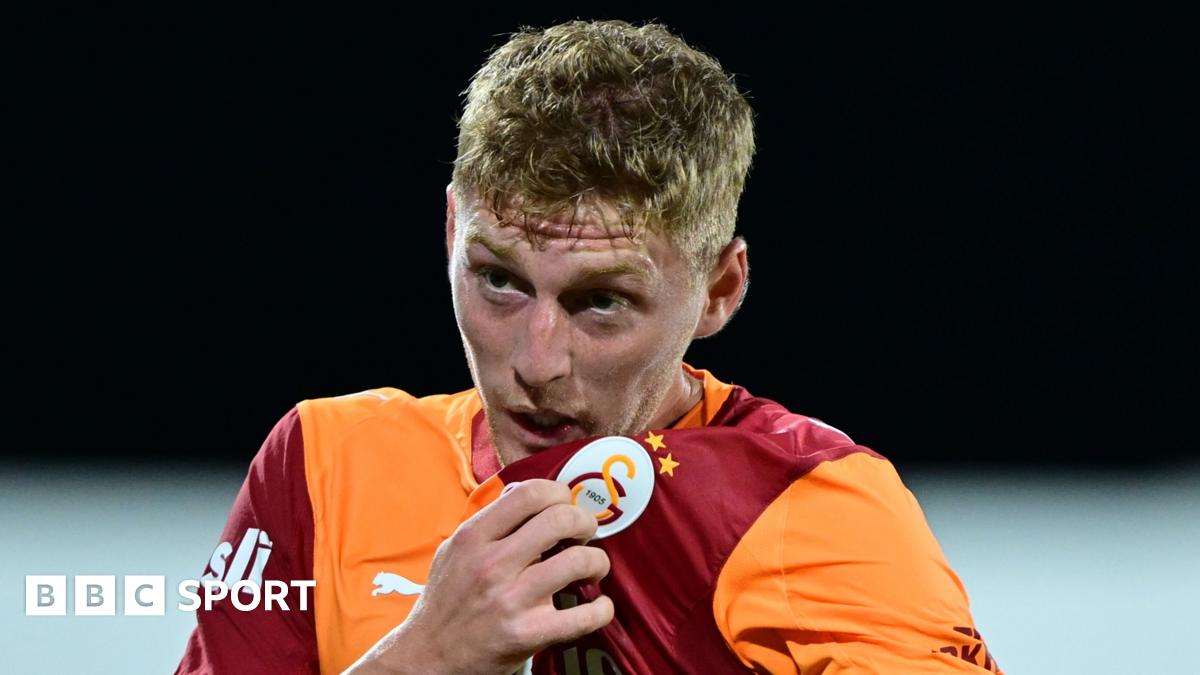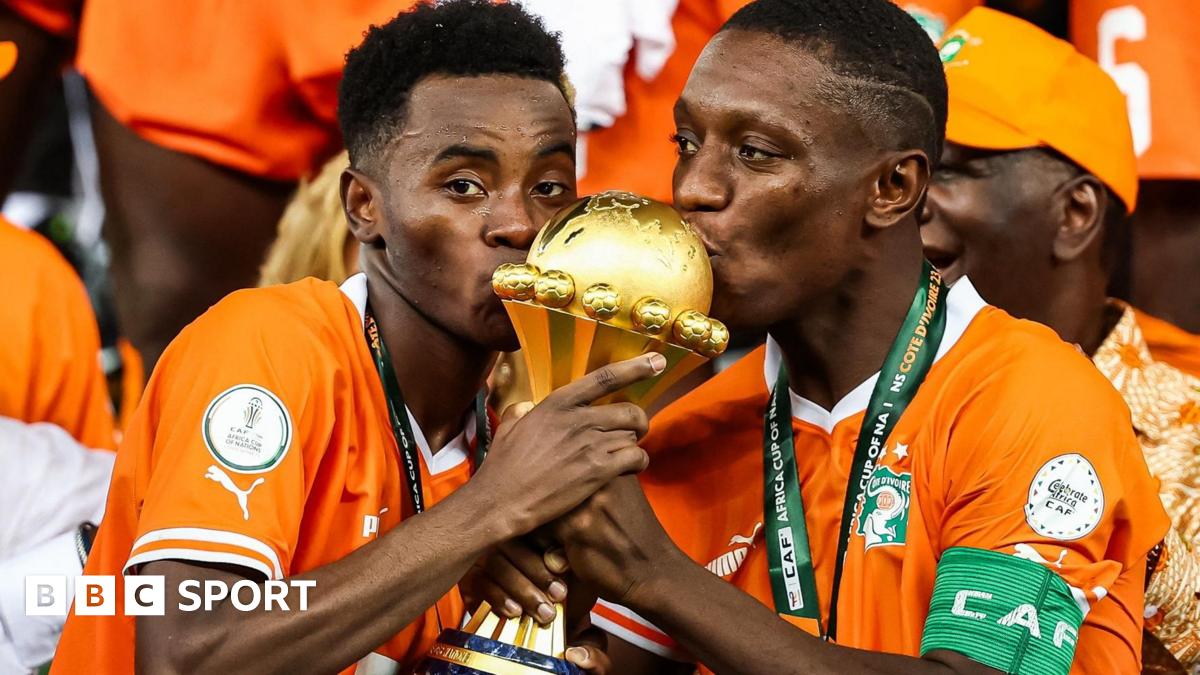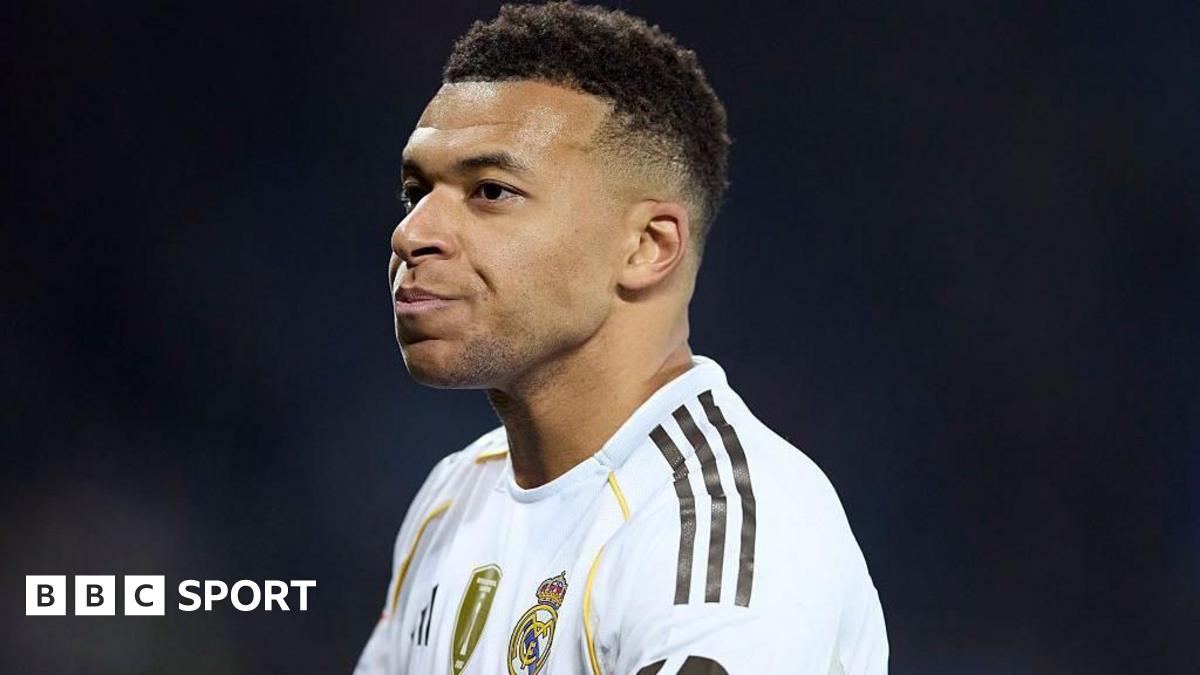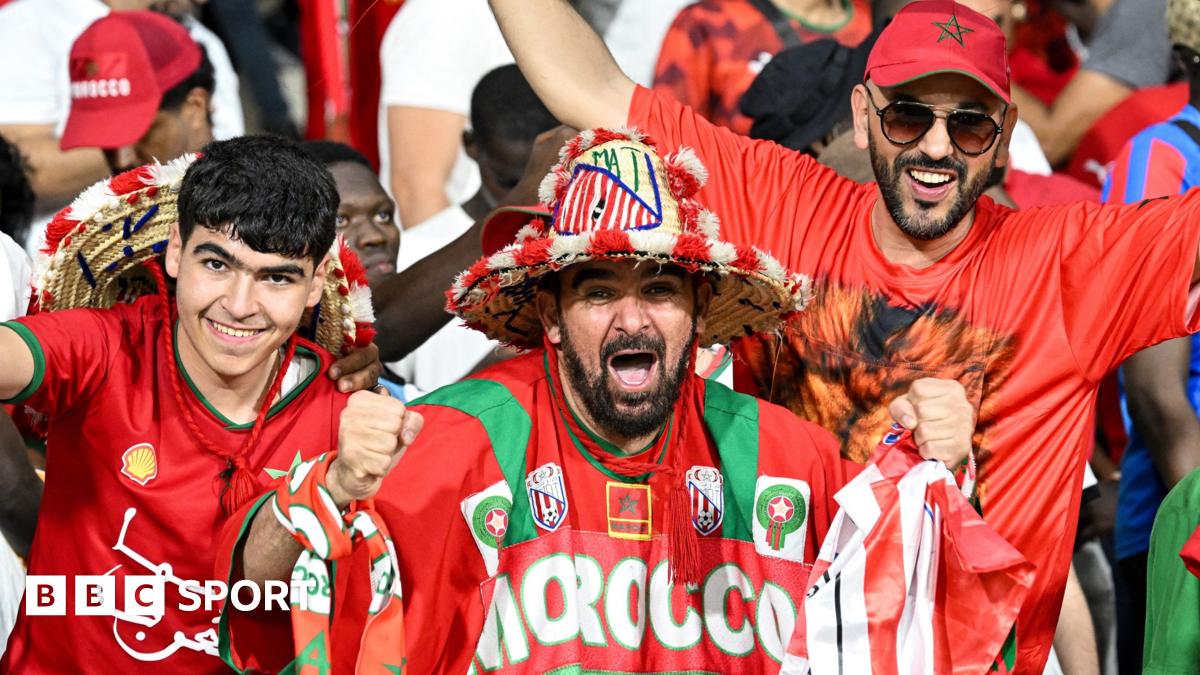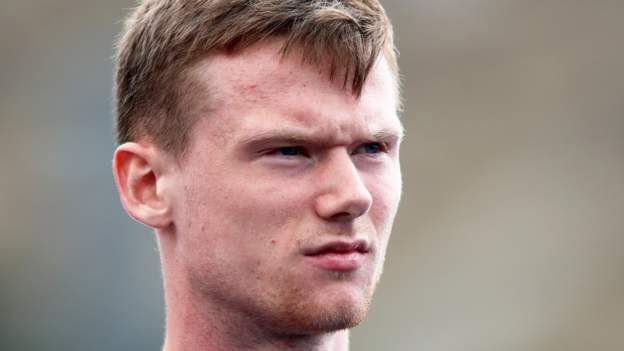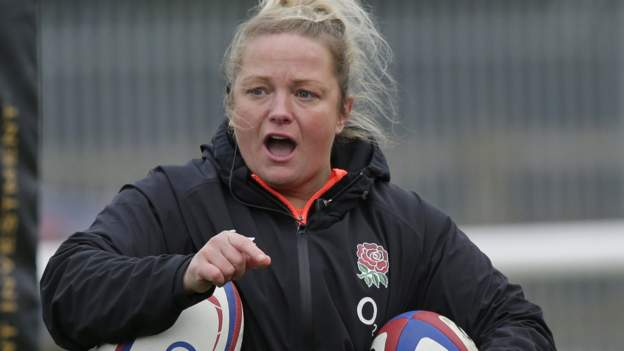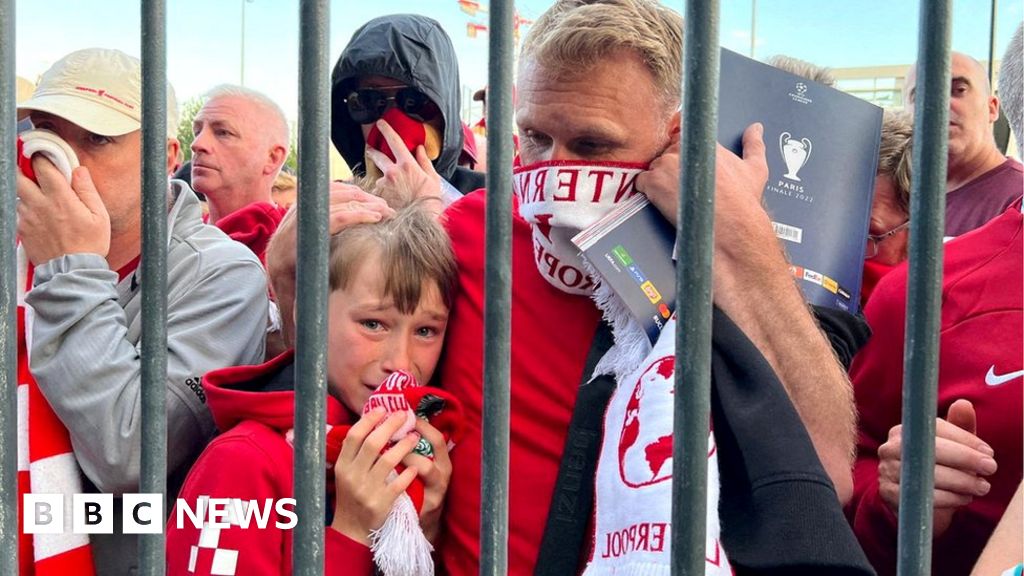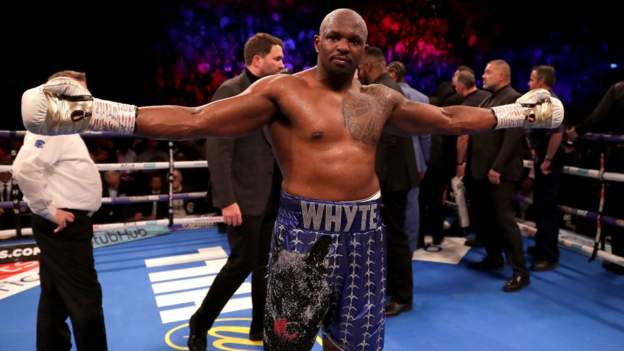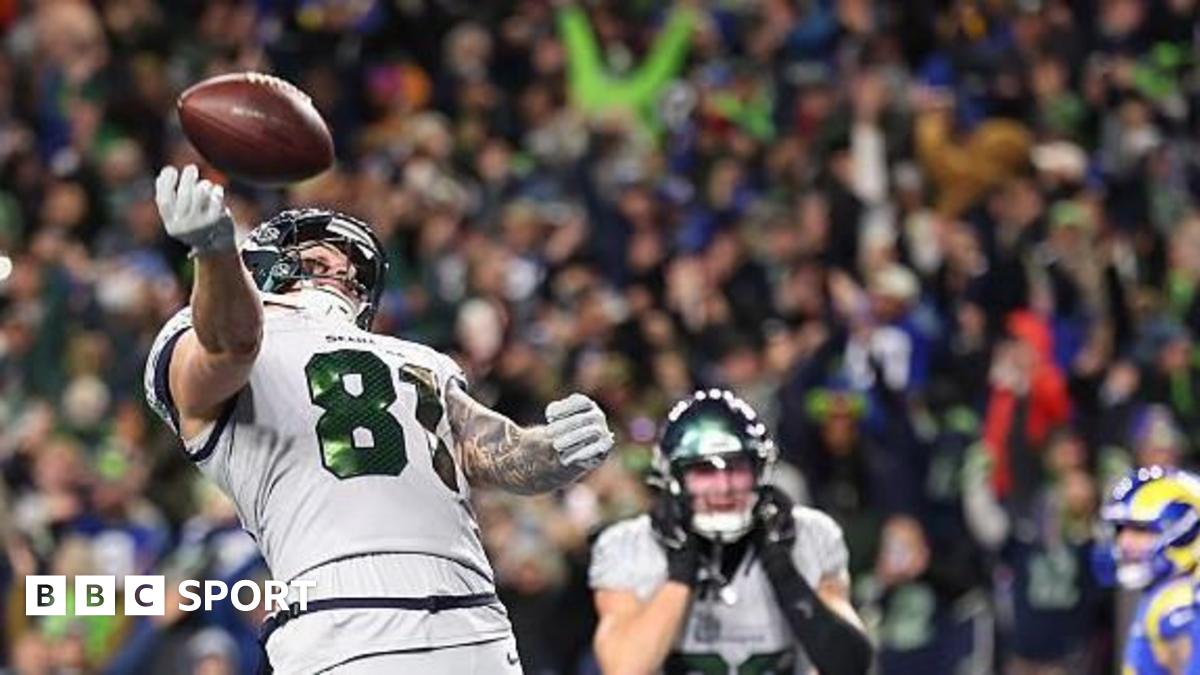| Venue: Hayward Field, Eugene, Oregon, Dates: 15-24 July |
| Coverage: Watch live on BBC TV, BBC iPlayer, BBC Sport website and mobile app (UK only) |
Max Burgin considers the question for a moment. And, then, as usual, does things his own way.
“Is there anyone around at the moment he admires?”
Not really. He doesn’t say as much, but you sense Burgin intends to grind the current 800m scene to dust rather than build it up.
Instead, he evokes the event’s gold standard.
“David Rudisha, the greatest 800m runner ever,” Burgin tells BBC Sport.
Burgin was just 10 when Rudisha dropped jaws around London’s Olympic Stadium.
A decade on, no-one has got within a second of Rudisha’s world record that day.
It wasn’t just Rudisha’s gold or his time though. The way the Kenyan did it sparks something in Burgin.
Rudisha was remorseless in the London 2012 final. He led after the first 100m and never looked back. His long stride poured on pace and pressure. His gasping rivals tried to follow, but none could. The gap turned into a gulf. The race was up well before the finish line.
“That world record is an inspiration,” admitted Burgin. “The way he ran, is the way I run.
“Front-running like that removes a lot of the uncertainty, tactics-wise.
“You are not trapped in the pack, you are not at risk of tripping up and you are not leaving it down to a sprint finish.
“It makes it more a test of strength and willpower.”
Last month’s British Championships didn’t suit such tactics. The blustery Manchester conditions had others looking to lurk in slipstreams, to dodge and draft.
But Burgin threw caution to the wind. The 20-year-old ran from the front and won by a street, beating a high-class field that featured Daniel Rowden, Elliot Giles and Kyle Langford.
The depths Burgin had dredged were clear in the puddle of vomit he left at the side of the track.
The tactics clearly work. A world-leading time of 1:43.52, which made him the fourth-fastest Briton of all-time, was set in similar style in Finland in June.
But there is more to it. Because, given Burgin’s 2021, minimising misfortune and relying on your own strength and willpower, makes sense as a wider philosophy.
With a slew of age-grade titles and records to his name, he started his campaign for the Tokyo in startling fashion.
At the prestigious Golden Spike event, less than three months out from the Games, he set the fastest 800m time of 2021.
That evening, he posed for a picture with his friend, some-time training partner and fellow teenager Keely Hodgkinson, who had won the women’s race in similarly impressive fashion.
From that point though, their paths split.
Hodgkinson went on to win Olympic silver and establish herself as a global force.
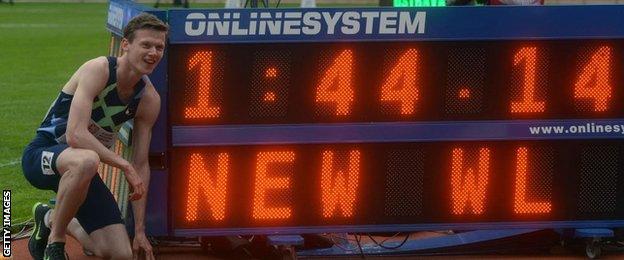
Burgin didn’t race again for more than a year. Hamstring and groin injuries finally caught up with him, confining him to long hours of gym rehab, instead of a possible starring role in Tokyo.
“To be blindsided by an injury that takes you out for a whole season was heart-breaking,” reflected Burgin.
“I was very happy to see Keely do so well, but there was an element of me wondering if I could have been there.
“But you just don’t know, I got injured so early in the season anything could have happened. I think it’s best not to dwell on it.”
His family surely won’t let him.
Burgin’s career is the product of three generations of know-how and tradition. Grandfather Brian oversaw Max’s early development at Halifax Harriers. Father Ian, a former 800m runner himself, is now his coach.
However, keeping things in the family is no guarantee of keeping things simple.
Olympic 1500m champion Jakob Ingebrigtsen is open about the difficulties in his relationship with father-coach Gjert.
Paula Radcliffe and husband Gary Lough memorably disagreed over her tactics in the aftermath of a World Championship final.
Burgin thinks it would strange if things didn’t get heated.
“It’s a natural thing to clash with your dad sometimes, I think!” he said. “But it has never been a major problem. My coach is always going to be my biggest fan.”
They both will know that, even in Max’s major championship debut, Oregon is an opportunity.
The reigning world champion Donavan Brazier is short of form. Olympic champion Emmanuel Korir has been inconsistent.
Burgin is still top of the year’s timing sheets.
“I like to think I’ll do well,” he said. “If I get to the final and I still have the world’s fastest time, I wouldn’t be afraid of anyone.”
Instead, Burgin runs like the only fear comes from within. The fear of the old fragilities and injuries returning. The fear that fate might conspire to thwart him again. The fear that his time might never arrive.
It’s a fear that is increasingly hard to share.



